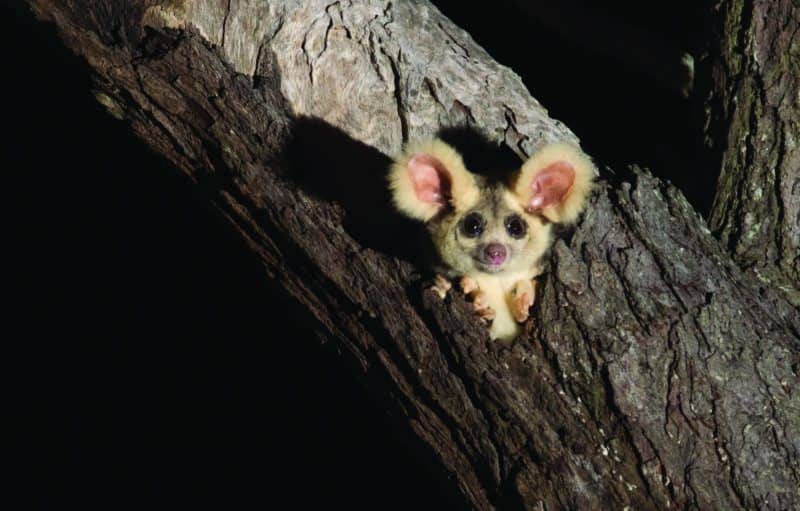MEDIA RELEASE 12 October 2020 |
From today AGL’s gas import terminal in Westernport Bay will be put under the microscope over 10 weeks of public hearings, which community and environment groups say should reveal fatal flaws that stop the project.
The inquiry into AGL’s environment effects statement (EES) will run online from 12 October to 17 December. Community groups have released a media briefing paper to make accessing the hearings and submissions easier.
Download the EES hearings media backgrounder here.
Environment Victoria campaigns manager Dr Nicholas Aberle said:
“AGL wants to build a massive new fossil fuel development in the heart of an internationally recognised wetland. This controversial project has already received more submissions against it than any other environment assessment in Victorian history.”
“Gas is a polluting, leaky fuel and a major cause of the climate crisis. AGL has failed to justify the need for this project when there are better alternatives, namely developing a plan to reduce gas demand.”
Save Westernport spokesperson Julia Stockigt said:
“Westernport Bay is unique and deserves the highest level of protection. No amount of money could justify its degradation or compensate for its loss.”
“After nearly three years, and dozens of ‘community consultation sessions’, AGL’s shocking plan to permanently close public access to our local beach was only discovered in the fine print of their EES reports. The community has been exasperated by AGL’s lack of transparency.”
Victorian National Parks Association nature campaigner Shannon Hurley said:
“AGL has failed to address potentially major concerns on the impact to sensitive marine wildlife of Westernport Bay, including penguins, whales and wetland habitats.”
“Chlorine discharge and release of toxicants from the project risk turning Westernport Bay into an artificial swimming pool.”
“AGL’s project has the potential to cause severe biological and ecological harm over large areas, which may be irreversible on Westernport’s sensitive globally recognised marine wonderland.”
Phillip Island Conservation Society president Jeff Nottle said:
“This project will cost the Phillip Island economy eco-tourism income and local jobs, but AGL won’t bear or even recognise these costs.”
Westernport & Peninsula Protection Council Secretary Karri Giles said:
Edited: “Building the 57km pipeline risks spreading cinnamon fungus, which destroys vegetation, and amphibian chytrid fungus, which kills frogs including the endangered growling grass frog. AGL and APA admit these diseases occur but no survey work is apparent.”
The briefer includes essential background information, appearance dates for key witnesses, how to access the online hearings and contact details for community spokespeople.
Lawyers from Environmental Justice Australia will be instructing the barristers representing environment groups at the hearings.
Download the media briefer
